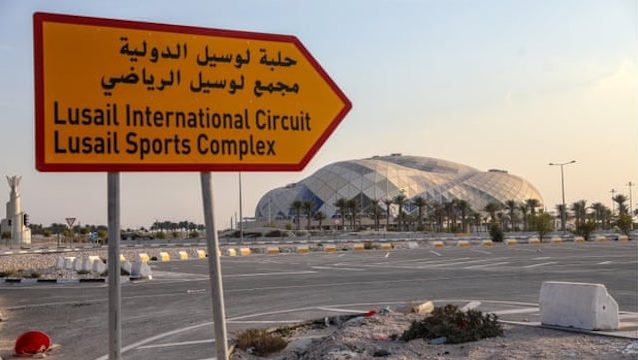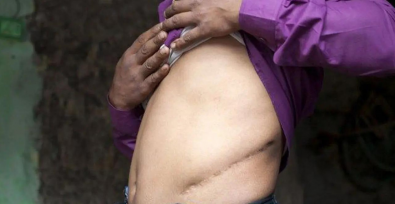The Independent published a report which describes the situation in one of Qatar’s central industrial zones, approximately 20 km south of the glitzy, ultra-modern capital of Doha, where the 2022 World Cup will be held in November.
The city is home to a significant number of Qatar’s total population. Far from the affluent neighborhoods of the Qatari capital, more than 800,000 Asian and African laborers, working mostly as construction workers and security guards, live in crowded conditions but are the backbone of the country’s booming economy.
Systematic violation of labor rights
The Independent spoke to Dominic, a Kenyan security worker who has two broken ankles following an accident at work. Even though he has undergone multiple surgeries, he is required to stand for several hours for his job and hasn’t been assigned to other duties. Furthermore, his company does not provide him with medical treatment:
“I asked my company to find me a job that would suit my current physical condition, but they had nothing available. In the meantime, they refused to pay my medical bills and stopped sending me my salary. I still have four months of rehabilitation to complete.”
Kafala reforms are not enough
In August 2020, Qatar said it had abolished its much criticized foreign labor management framework known as the “kafala” system, which gives employers enormous control over employees, making them vulnerable to modern slavery.
These reforms include a minimum wage for workers, a pay security system intended to ensure that workers are paid, and greater freedom to change jobs or leave the country. While the changes have been praised by the International Labour Organization (ILO) and FIFA itself, migrants’ working conditions have not changed.
Yusuf and Ahmed, both from Togo, have been working in Qatar for years but have not been paid for three months. Delayed payment of wages violates Qatari labor laws but is often used to exert control over workers. Workers cannot complain for fear of reprisals. Both Tongolese workers point out:
“We have not gained any benefits from these so-called reforms. If I challenge my employer, for example, by complaining to the Ministry of Labor, he sends me back home.”
Reports to the Qatari Ministry of Labor
Last year, Qatar’s Ministry of Labor created an online platform where workers can anonymously report abuses. In the first year, 25,000 complaints were filed. However, without savings, migrant workers cannot afford the average waiting time to appear in court.
Nevertheless, ILO’s Office in Doha welcomes Qatar’s progress on workers’ rights, even if there is still room for improvement. The Supreme Committee for Delivery and Legacy (SC), the government body charged with overseeing the creation of World Cup-related infrastructure, never responded to requests for interviews or requests to visit workers’ camps.
Call for an end to forced labor in Qatar
The government of Qatar must make stronger decisions to end forced labor for hundreds of migrant workers whose labor rights are systematically violated. Join our campaign and let’s continue to advocate so that FIFA recognizes that the 2022 World Cup has been built on the suffering of migrant workers.
To find out more, watch this special event with migrant workers’ rights activist and blogger Malcolm Bidali and human rights and migrant workers’ rights expert Nicholas McGeehan to explore what still needs to change to ensure migrant workers are better protected from modern slavery.







Freedom United is interested in hearing from our community and welcomes relevant, informed comments, advice, and insights that advance the conversation around our campaigns and advocacy. We value inclusivity and respect within our community. To be approved, your comments should be civil.